
Highlights at a glance
- 08:30 – ITS4.5/GI1.4 New frontiers of multiscale monitoring, analysis, modeling and decisional support (DSS) of environmental systems; ITS1.2/CL5.9 How to make weather and climate services more efficient in developing countries; SSP1.9 Integrating stratigraphy, sedimentology, paleoclimate and human evolution in and out of Africa?
- 10:45 – US4 Communicating A Global Climate Crisis; PS6.1 New mission concepts, instruments and enabling technologies for planetary exploration; G3.4 Coastal Subsidence: Natural versus anthropogenic drivers; BG4.3 Mobilization of permafrost material to aquatic systems and its biogeochemical fate
- 14:00 – GDB2 Managing our mineral resources for a sustainable future: The role of earth scientists; BG3.23 Mountain forests under climate change
- 16:15 – ST4.3 Space Weather and its Effects on Terrestrial and Geo-Space Environments; HS7.5 Hydro-meteorological Extremes and Hazards
A thank-you message from EGU’s programme committee chair!
Thank you for sharing the adventure of Sharing Geoscience Online with us this week! I hope you enjoyed our vast pilot experiment of bringing 18,000 abstracts online, in more than 700 sessions, in less than 6 weeks. It has been a challenge that we could not have met without the help of you all. I would like to pass a real big thank you to all conveners who took the challenge in stride and made the chats engaging and animated. I totally acknowledge that this has required more preparation time than the average session in Vienna, and we really appreciate your hard work.
Many thanks too to all authors and attendees; together you make the meeting buzz! I hope you enjoyed #shareEGUart, the networking events, the Imaggeo Photo Competition, the Union Symposia and Great Debates, and the Short Courses. None of this would have been possible without the dedication of our Programme Committee, our conference organiser Copernicus, and last but not least, the EGU office. Do please let us know how we did, and give us tips on what we should keep and what we could do better at https://egu2020.eu/feedback.
This is my last General Assembly as your Programme Committee Chair; it has been a wonderful experience and an honour to share the adventure of going online with you. I would like to express a warm welcome to Peter van der Beek, the new PC Chair as of this evening!
Susanne Buiter, Programme Committee Chair 2020
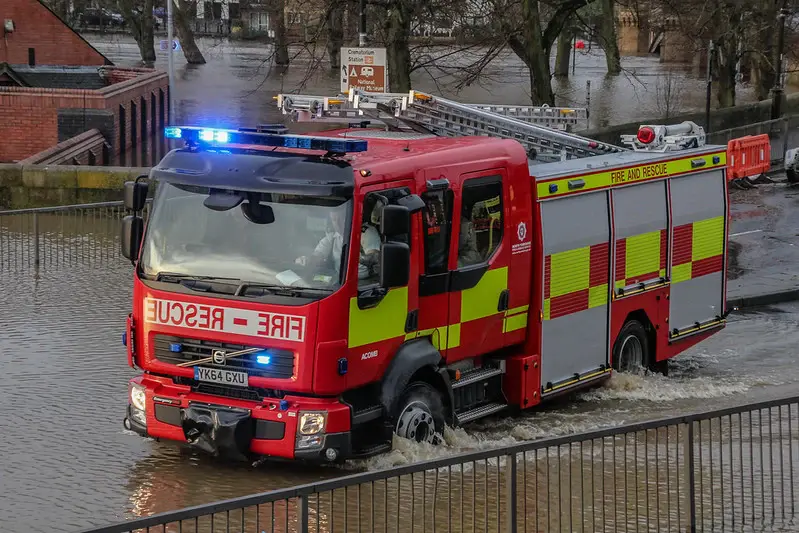
Communicating a global climate crisis: if our house is on fire, why haven’t we called the fire brigade…?
Our planet faces its greatest challenge for millennia: us. There is now almost unanimous agreement that humans are having enormous impacts on the natural balance of our planet, with consequences that threaten our own existence and the survival of natural ecosystems alike. The need for drastic change in our behaviour is clear. And yet, the response from political leaders and people in general is weak. Why?
This session will highlight the challenges in communicating climate science and demonstrate ways in which scientific research and evidence can be communicated in a way that is meaningful and persuasive to the public and policymakers alike. This session will demonstrate the most effective ways to communicate issues relating to climate change in a way that makes them relatable.
US4: LIVE 10:45–12:30
Short courses, networking and early career scientist events
- Short Course 3.6 What is science for policy and how can you get involved? – Published 12:30, YouTube comment Q&A 12:30-13:45
- Networking: EGUpride – EGUpride at Sharing Geoscience Online – LIVE 12:45–13:45
- Networking: Closing party – Register now to join the live event – LIVE 18:00–19:30
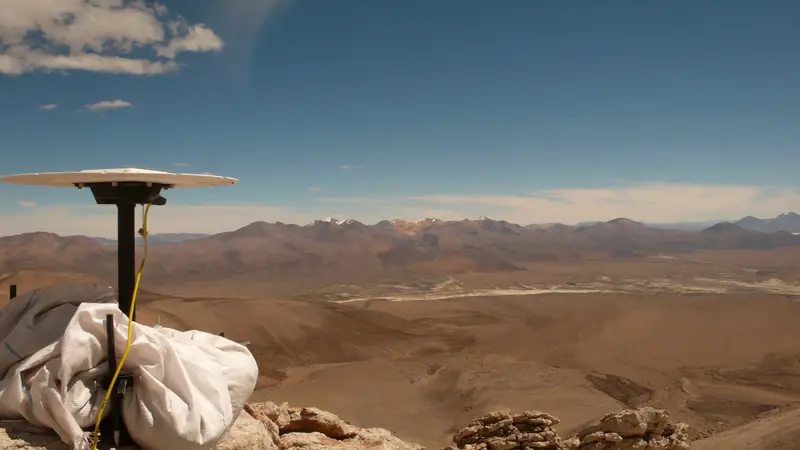
New frontiers of multiscale monitoring, analysis, modeling and decisional support of environmental systems
Environmental systems often span spatial and temporal scales covering different orders of magnitude. The session will emphasise the interaction between environmental processes occurring at different scales. Special attention will be devoted to studies focussed on the development of techniques and integrated instrumentation for multiscale monitoring in natural-risk areas, such as volcanic, seismic, energy exploitation, slope instability, floods, coastal instability, climate change and other contexts.
ITS4.5/GI1.4 Text chats 08:30–12:30
Coastal subsidence: natural versus anthropogenic drivers
Low-lying coastal areas can be an early casualty to accelerating rates of sea-level rise, especially if land subsidence enhances such rates. More and more studies indicate that land subsidence due to natural and anthropogenic causes has caused damages to wetland ecosystems and increased flooding risk. This session will cover all aspects of coastal subsidence research, including recent advances on measurement through ground-based and remote sensing techniques; numerical models and their applicability to distinguish between the different drivers contributing to land subsidence; and quantification of coastal hazards associated to relative sea-level rise.
G3.4 Text chats Fri 10:45–12:30
Mobilization of permafrost material to aquatic systems and its biogeochemical fate
Permafrost thaw is expected to amplify the release of previously frozen material from terrestrial into aquatic systems: rivers, lakes, groundwater and oceans. Current projections include changes in precipitation patterns, active layer drainage and leaching, increased thermokarst lake formation, as well as increased coastal and riverbank erosion that are further enhanced by rising water temperatures, river discharge and wave action. This session will highlight the mobilisation of terrestrial matter to aquatic systems in the permafrost domain, as well as its transport, processing and potential interaction with autochthonous, aquatic matter.
BG4.3 Text chats Fri 10:45–12:30
Thank you volunteers!
Sharing Geoscience Online would never have come to fruition if it weren’t for the extremely dedicated group of volunteers who helped make it possible. EGU would like to thank everyone who has so generously given their time and energy to create a meaningful experience and opportunity to connect with the geoscience community during this time of unprecedented isolation. Your efforts are very much appreciated!
New mission concepts, instruments and enabling technologies for planetary exploration
This session will address new mission concepts, instruments and enabling technologies for future planetary science and exploration, including mission concepts proposed for ESA and international space agency programs.
PS6.1 Text chats Fri 10:45–12:30
EGU would like your feedback!
We are very curious about your experiences during Sharing Geoscience Online. We’d like to hear what has worked well, what could be better, what you missed compared to an in-person meeting, and what EGU should consider keeping for future meetings.
Please take a few minutes to fill out this survey.
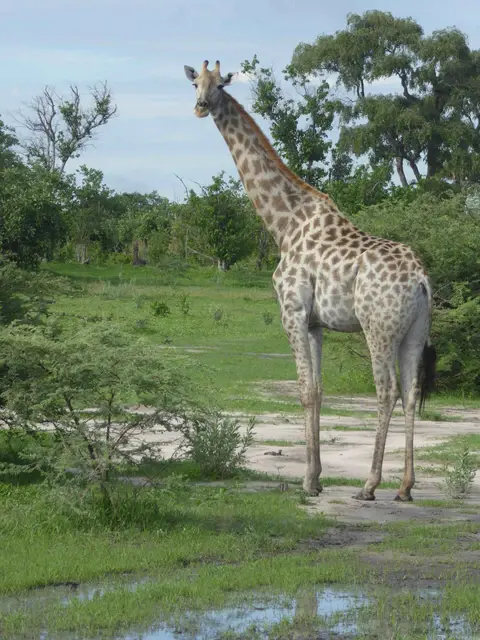
Integrating stratigraphy, sedimentology, paleoclimate and human evolution in and out of Africa?
What role did climate dynamics play in human evolution, the dispersal of Homo sapiens within and beyond the African continent, and key cultural innovations? Were dry spells, stable humid conditions, or rapid climate fluctuations the main driver of human evolution and migration? To evaluate the impact that different timescales and magnitudes of climatic shifts may have had on the living conditions of prehistoric humans, we need reliable, continuous reconstructions of paleoenvironmental conditions and fluctuations from the vicinity of paleoanthropological and archaeological sites. Presentations will focus on (geo)archaeology, paleoecology, paleoclimate, stratigraphy and paleoenvironmental reconstructions plus new methods for dealing with difficult archive conditions and dating challenges.
SSP1.9 Text chats Fri 08:30–12:30
How to make weather and climate services more efficient in developing countries
Weather and climate services (WCS) involve the production, translation, transfer and use of scientific information for decision-making. They include long-term climate projections, monthly to seasonal forecasts and daily weather forecasts. They are particularly useful for climate-sensitive sectors such as agriculture, water resources, health, energy, disaster risk reduction and in developing countries where vulnerability to climate change and weather shocks is high. This session will show tools, results and methodologies that could lead to an operational improvement of WCS in developing countries. The session will focus on feedbacks and results from different case studies located in the global South.
ITS1.2/CL5.9 Text chats 08:30–10:15
Mountain forests under climate change
The aim of the session consequently is to compile current knowledge on climate change impacts on mountain forests ecosystems and their protective function against natural hazards across the globe.
BG3.23 Text chats Fri 14:00–15:45
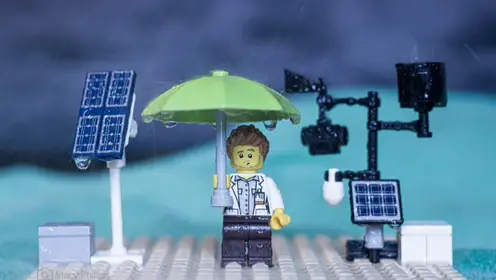
Hydro-meteorological extremes and hazards: vulnerability, risk, impacts and mitigation
Extreme hydro-meteorological events drive a number of hydrologic and geomorphic hazards, such as floods, landslides and debris flows, which pose a significant threat to modern societies on a global scale. The continuous increase of population and urban settlements in hazard-prone areas, in combination with evidence of changes in extreme weather events, lead to a continuous increase of the risk associated with weather-induced hazards. To improve resilience and to design more effective mitigation strategies, we need to better understand the aspects of vulnerability, risk, and triggers that are associated with these hazards. This session will highlight hydro-meteorological hazards that address the aspects of vulnerability analysis, risk estimation, impact assessment, mitigation policies and communication strategies and help identify the ways forward for increasing the resilience of communities at local, regional and national scales.
HS7.5 Text chats Fri 16:15–18:00
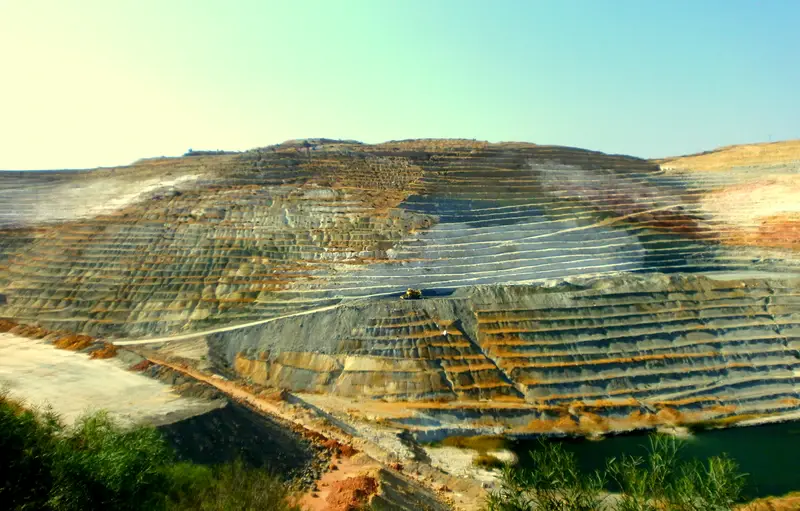
Managing our mineral resources for a sustainable future: the role of earth scientists
The urgent need to combat climate change requires that we significantly increase use of clean energies and energy storage and decrease our non-energy emissions (e.g., through electric vehicles, better building materials). But the infrastructure needed for the transition to a low-carbon society will require the production and consumption of vast amounts of mineral products, not only the much-publicised critical metals but also more common mineral products like copper, iron and sand. This Great Debate will generate open discussion about our natural resources and our role as Earth Scientists in achieving a more sustainable future.
GDB2: LIVE 14:00–15:00
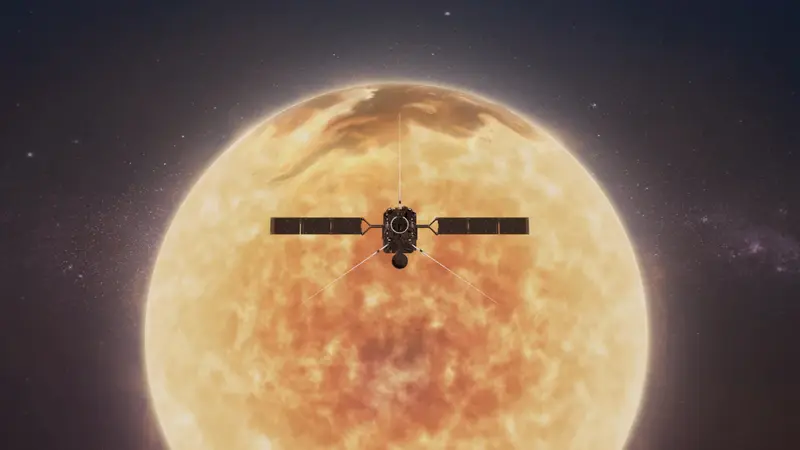
Space weather and its effects on terrestrial and geo-space environments: science and application
This session will highlight the wide range of the aspects of solar-terrestrial physics that deal with the effects of space phenomena on different levels of geo-space. Effects range from those observed on spacecraft related activities all the way down to Earth and to other Solar System bodies, including impacts on technological systems, human health and life in space, as well as Earth`s climate. This session aims to merge new and existing methods of observations and diagnostics of Solar System habitats and Space Weather services, as LOFAR radio diagnostics and new investigation and application for incoming ESA exploration missions like JUICE and SOLAR ORBITER.
ST4.3 Text chats Fri 16:15–18:00
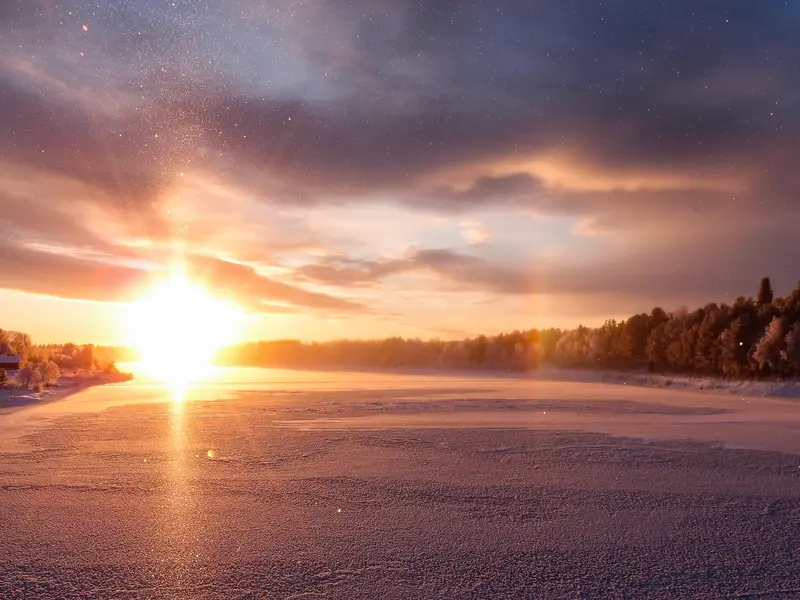
Imaggeo photo competition winners!
Participants of EGU2020: Sharing Geoscience Online have been voting for their favourites throughout the week, and we are excited to share the winners with you on our blog. Congratulations to this year’s winning photographers!
Comments “overheard“
during Sharing Geoscience Online
“I really appreciate these online conferences with free access. I am 12 years old, and I would love to become a scientist. Thanks for allowing the civil society to listen and see the presentations.”
“EGU has shown that virtual conferences can be done successfully!”
“I never had so many concise insights in different topics and presentations with so little (physical) effort as today!”
“Thanks @EuroGeosciences for making this open and free for all!”
“The room is filling, let’s hope we all fit in ;-)”
“I asked WAY more questions today than I ever would at a live oral session at @EuroGeosciences.”
“This is a message of hope for everyone during this hard time!”
“EGU has ‘set the bar’ for other conferences.”
“Sorry, my daughter typed last message. All the family wants to participate to EGU SGO!!! “
About
EGU Today, the Union’s daily newsletter during Sharing Geoscience Online, helps keep you informed about what’s happening by highlighting sessions and events of broad interest from the programme. The newsletter, including previous issues, is available at https://www.egu.eu/egutoday/.
The Assembly Online
LinkedIn
Instagram
YouTube
Facebook
Mastodon
Bluesky
blogs.egu.eu, geolog.egu.eu
www.egu.eu